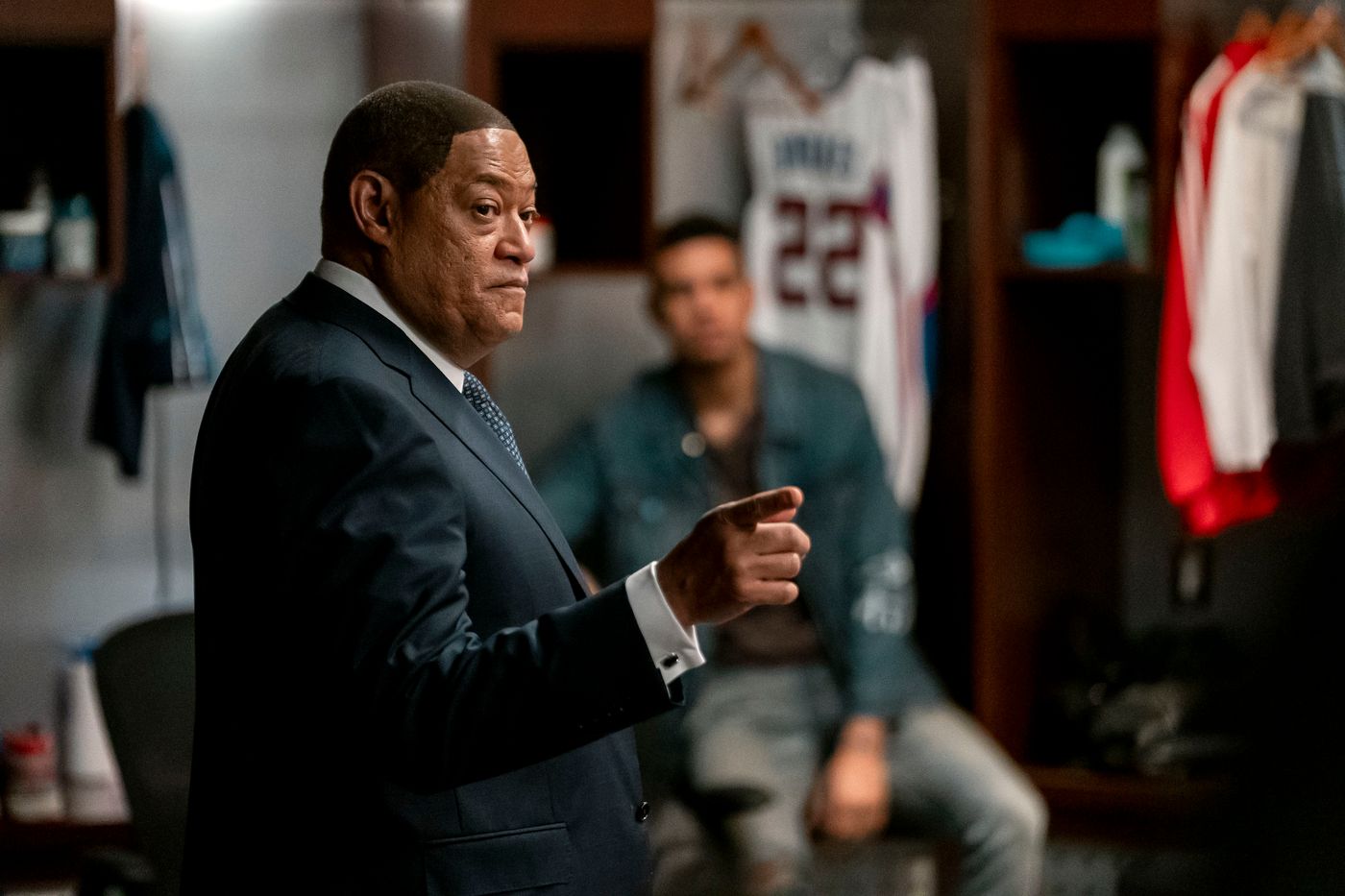When the team at Color Force, a production company that has partnered with FX on several series, reached out to Gina Welch about making a series focused on the downfall of former Los Angeles Clippers owner Donald Sterling, she wasn’t sure why they thought of her. “I had not been a big basketball fan,” the writer and producer admits. But she had written for other FX series based on true stories, including Feud: Bette and Joan and Under the Banner of Heaven. And she was intrigued by the dramatic story of Sterling’s swift ouster from the NBA following the leak of recordings that captured the real-estate mogul making racist comments.
“I was really, really interested in the aspect of this story that was about race and power in Los Angeles,” Welch says. “I understood that I was a good tonal match for the show because I tend to want to work on dark material with a lighter touch.”
Clipped is the rare scripted project about basketball that was shaped and envisioned by a woman, though Welch says she didn’t think about that as much as other factors. “The thing I took really seriously is that I did not have a long history as a basketball fan, so the burden was on me to do my research and get it right,” she says. “And I’m a white showrunner telling a story about race. Those were the two things I thought about in terms of the way I was building the show and doing my research and trying to enrich my point of view.”
The six-episode limited series concluded July 2 and was adapted by Welch from The Sterling Affairs, an ESPN 30 for 30podcast about how the Clippers, led by coach Doc Rivers, navigated the 2014 playoffs after voice recordings confirmed that the guy who paid their salaries was prejudiced against Black people. In the finale, co-written by Welch and Rembert Browne, Sterling (Ed O’Neill) kicks and screams his way through accepting the sale of the team and a lifetime ban from the NBA, while the other characters — Rivers (Laurence Fishburne); Sterling’s wife, Shelly (Jacki Weaver); and his assistant and girlfriend, V (Cleopatra Coleman), who made the recordings — reckon with the ramifications of the upheaval.
The women of Clipped are as nuanced and central to the narrative as the men, which is why Welch and her fellow writers carefully considered their final moments in the series. How Doc Rivers processes the whole debacle is a key part of the finale, too, as is his relationship with LeVar Burton, who plays himself in the series, something he agreed to do only if Welch would allow him to “talk about my rage.”
Did you meet with Doc Rivers or any of the real people you were writing about?
Ramona Shelburne, who reported the podcast, opened up all of her interviews to me. I had hours and hours and hours of recordings to work from, but there were some gaps. I spent a lot of time talking to Doc before I started writing the show and then there were some other people who spoke, both on the record and on background, and a couple of people who didn’t want to talk.
In the last act or two of the finale, there are several significant conversations that take place. I want to start with the conversation between Doc and LeVar Burton. Are they friends in real life?
No.
How did that become part of the show?
In the writers room, we were bumping our heads against trying to figure out a character in the show with whom Doc could be his authentic self. He was on the cusp of separation/divorce from his wife. We didn’t feel he could be authentic with any of the assistant coaches or any of the players or, of course, anybody in the Clippers’ front office. When I asked Doc whom he was keeping counsel with at the time, he said nobody.
We thought it would be great to find someone to play themselves to add to that surreal quality you get in L.A., where you’re shopping at The Pavilions and you see Jean-Claude Van Damme. We wanted someone who was more or less at Doc’s station in life, who didn’t work in sports but occupied a similar place in the public imagination in terms of being a safe Black celebrity white people felt comfortable around. We had all these lists and we were trying to work through different ideas. Rembert Browne, a writer on the show who became a producer, called me from vacation in the Dominican Republic and was like, “What about LeVar Burton?” It took me a minute to understand how brilliant that idea was, thinking about the long arc of LeVar’s career and the way his public figure has changed from Rootsthrough Star Trek. It was a great idea.
